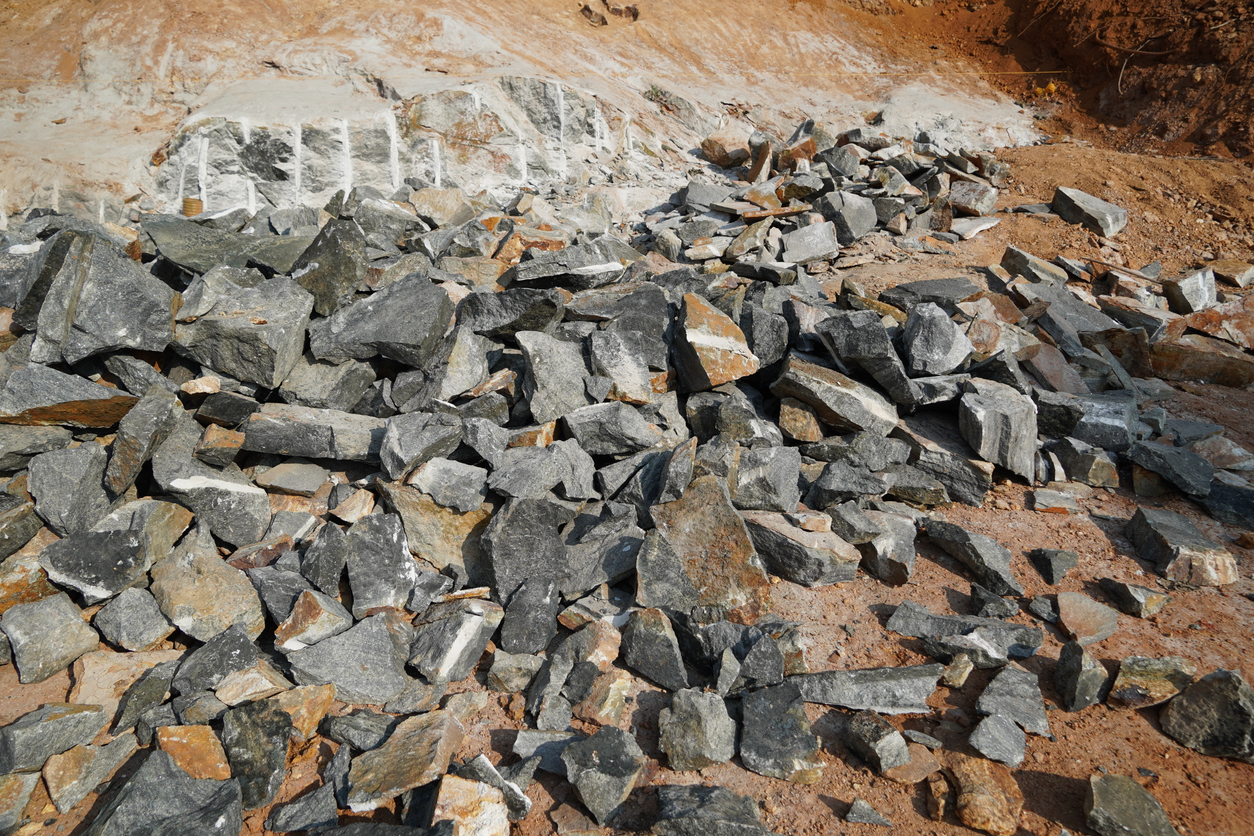Lithium Wholesalers in Nigeria – A Comprehensive Guide
Lithium Wholesalers in Nigeria – A Comprehensive Guide
Nigeria is one of the largest producers of natural resources in Africa. The country is home to some of the largest reserves of natural minerals, oil and gas in central Africa. In terms of raw materials, Nigeria is a major producer or supplier of several minerals used in the production of lithium batteries, such as cobalt chromium, graphite, and nickel. Lithium is an element that can be found almost everywhere on earth. However, natural sources are a limited resource and most accessible reserves are located in remote locations with challenging climate conditions. This makes exploiting these sources more costly than other mineral alternatives. Today, only a few countries lead the global lithium market with their production volumes; among them are Argentina, Chile, China and Canada.
Nigeria’s natural reserves of lithium
Nigeria is not among the top lithium producers in the world, but the country has a large resource of this critical mineral. In fact, Nigeria’s lithium-containing ores are estimated to be at about 1.3 million tons, representing about 1% of the global total. The most abundant sources of lithium in the country are the brine deposits of the salt lakes of the northern part of the country, such as Lake Carivie, Lake Chad, and Lake Megge. The salt lakes of the northern part of the country are estimated to contain 1.3 million tons of lithium, while the southern part of Nigeria is estimated to have only 5,000 tons of the mineral. Nigeria’s salt lakes contain high concentrations of sodium chloride and lithium chloride. Although these deposits have the potential to be exploited, the country has not yet had a long-term initiative to develop this resource.
Advantages of Li-ion batteries over NiMH and lead-acid batteries
Lithium-ion batteries are a type of rechargeable battery, which is commonly used in mobile devices and electric vehicles. There are many advantages of Li-ion batteries over other battery technologies, including lower cost, higher energy density, and less environmental impact during manufacturing. The main application of Li-ion batteries is in portable electronic devices, such as laptops and smartphones. The high energy density of these batteries allows for longer usage times for these devices. The high discharge rate also makes them a good choice for fast-charging technologies. Most other types of batteries have low energy densities, which makes them less suitable for mobile devices and electric vehicles.
Cobalt and its benefits
Cobalt is one of the main materials used in lithium-ion batteries. The demand for cobalt is expected to increase significantly in the near future as battery production shifts to Li-ion batteries. The demand for cobalt is forecasted to rise to more than 110,000 tons by 2025, while the production of the mineral is expected to remain at current levels. The main reason behind the growth in cobalt demand is the increasing use of lithium-ion batteries in electric vehicles and grid-scale energy storage.
Graphite and its benefits
Graphite is another mineral used in the production of lithium-ion batteries. Graphite is mainly used for the electrodes of the battery instead of the cathode material, which is usually cobalt. Cells with graphite electrodes have high energy and power density, but with lower lifetime than Li-ion cells with cobalt electrodes. The main application of graphite is in the production of lithium-ion batteries with high energy density. Graphite is mainly used in the electrodes of the battery, while cobalt is the main mineral used in the cathode.
The benefits of nickel
Nickel is a metal used in the negative electrodes of the battery due to its high resistance to corrosion and low cost. Nickel-containing electrodes have the same energy density as the graphite electrodes, but with a better lifetime. Nickel is also used as a coating for the positive electrode of the battery to improve its lifetime. The main application of nickel is in the production of lithium-ion batteries with high energy density. Nickel is mainly used in the electrodes of the battery, while cobalt is the main mineral used in the cathode.
Conclusion
Lithium is a critical mineral in the production of batteries used in electric vehicles, portable devices, and grid-scale energy storage systems. The demand for lithium-ion batteries is expected to increase significantly in the near future, and there are not enough lithium reserves available to satisfy this demand. Nigeria is one of the largest producers of natural resources in central Africa. The country is home to some of the largest reserves of natural minerals such as lithium. The demand for lithium-ion batteries is expected to increase significantly in the near future, and there are not enough lithium reserves available to satisfy this demand. Lithium is an element that can be found almost everywhere on earth. The country has not yet had a long-term initiative to develop this resource.







LEAVE A COMMENT
You must be logged in to post a comment.